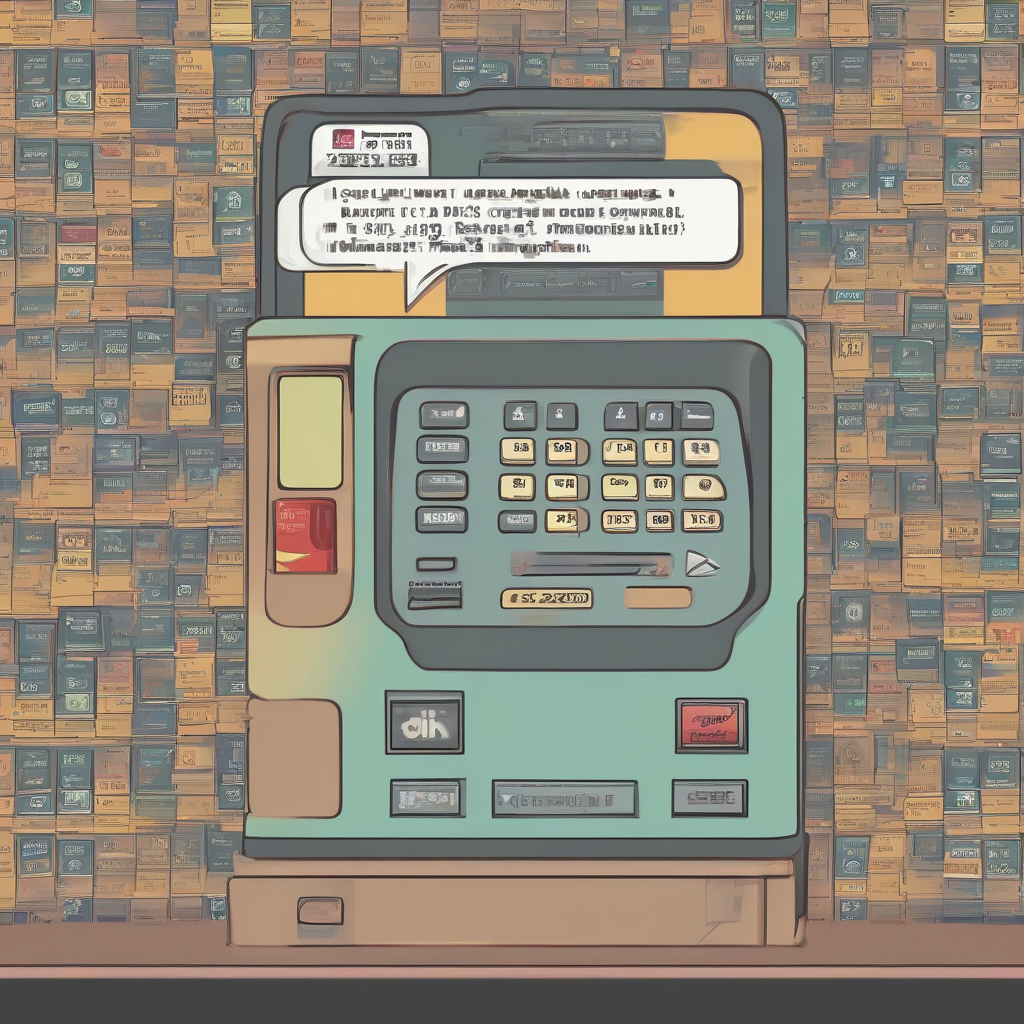Credit Card Machines: A Comprehensive Guide to Types, Features, and Security
Credit card machines, also known as point-of-sale (POS) systems or payment terminals, are essential tools for businesses of all sizes that accept credit and debit card payments. These devices facilitate secure transactions, enabling customers to pay conveniently and merchants to receive funds efficiently. This comprehensive guide explores the various types of credit card machines, their key features, security considerations, and the factors to consider when selecting the right system for your business.
Types of Credit Card Machines
- Imprinters: These older, less secure devices create carbon copies of credit card information on paper receipts. They’re largely obsolete due to security concerns and the prevalence of electronic payment processing.
- POS Terminals: These are the most common type of credit card machine. They connect to a phone line, internet, or mobile network to process transactions electronically. POS terminals offer various features like receipt printing, signature capture, and inventory management.
- Mobile Payment Processors: These devices, often smartphone or tablet-based, use mobile connectivity to process payments. They offer portability and convenience, making them ideal for businesses on the go, such as food trucks or mobile vendors.
- Integrated POS Systems: These systems combine credit card processing with other business functions like inventory management, customer relationship management (CRM), and reporting. They provide a comprehensive solution for managing various aspects of a business.
- EMV Chip Card Readers: These readers are designed to process EMV (Europay, MasterCard, and Visa) chip cards, offering enhanced security compared to magnetic stripe readers. They are now the industry standard.
- Contactless Payment Terminals: These devices allow for quick and easy payments using contactless cards, such as Apple Pay, Google Pay, and Samsung Pay. They utilize near-field communication (NFC) technology for secure transactions.
Key Features of Credit Card Machines
- EMV Chip Card Acceptance: Essential for security and compliance with industry standards.
- Contactless Payment Acceptance: Enhances customer convenience and speed of transactions.
- Receipt Printing: Provides customers with a record of the transaction.
- Signature Capture: Adds an extra layer of security and verification.
- Network Connectivity: Essential for processing transactions and accessing data.
- Data Encryption: Protects sensitive customer information during transmission and storage.
- Reporting and Analytics: Provides valuable insights into sales, trends, and customer behavior.
- Inventory Management (Integrated POS Systems): Allows businesses to track stock levels and manage inventory efficiently.
- Customer Relationship Management (CRM) Integration (Integrated POS Systems): Helps build customer loyalty and personalize interactions.
- Loyalty Program Integration: Rewards repeat customers and encourages loyalty.
- Customer Display: Shows the transaction details to the customer, enhancing transparency.
- Multiple Payment Options: Accepts various payment types, such as credit cards, debit cards, gift cards, and mobile payments.
Security Considerations for Credit Card Machines
- PCI DSS Compliance: Merchants must adhere to Payment Card Industry Data Security Standard (PCI DSS) to protect customer data and prevent fraud.
- Data Encryption: Ensuring data is encrypted during transmission and storage is crucial to prevent data breaches.
- Regular Software Updates: Keeping the credit card machine’s software updated patches security vulnerabilities and protects against malware.
- Strong Passwords and Access Controls: Limiting access to the system and using strong passwords minimizes unauthorized access.
- Physical Security: Protecting the credit card machine from theft or physical damage is essential.
- Fraud Detection: Implementing fraud detection measures can help identify and prevent fraudulent transactions.
- Regular Security Audits: Regularly auditing the system for vulnerabilities helps ensure its security.
- Employee Training: Training employees on proper security procedures is crucial to minimize risks.
- Point-to-Point Encryption (P2PE): This technology encrypts card data at the point of entry, reducing the risk of data breaches.
- Tokenization: Replacing sensitive card data with non-sensitive tokens enhances security.
Choosing the Right Credit Card Machine for Your Business
- Transaction Volume: Consider the number of transactions your business processes daily or monthly.
- Types of Cards Accepted: Determine which types of credit and debit cards you need to accept (e.g., EMV chip cards, contactless cards).
- Budget: Establish a budget for the credit card machine and associated fees.
- Integration Needs: Determine if you need integration with existing POS systems or other business software.
- Technical Support: Ensure the provider offers reliable technical support.
- Processing Fees: Compare processing fees from different providers to find the most cost-effective option.
- Contract Terms: Carefully review contract terms and conditions before signing.
- Security Features: Prioritize credit card machines with robust security features to protect customer data.
- Ease of Use: Choose a system that is user-friendly and easy for your employees to operate.
- Scalability: Consider the scalability of the system to accommodate future growth.
Understanding Credit Card Processing Fees
- Interchange Fees: Fees charged by the card networks (Visa, Mastercard, etc.) for processing transactions.
- Assessment Fees: Fees charged by the card networks to cover the costs of operating the payment system.
- Merchant Fees: Fees charged by the payment processor to the merchant for their services.
- Transaction Fees: Fees charged per transaction processed.
- Monthly Fees: Recurring monthly fees charged by the payment processor.
- Setup Fees: One-time fees charged for setting up the credit card machine.
- Statement Fees: Fees charged for monthly statements.
The Future of Credit Card Machines
- Increased Focus on Security: Continued advancements in security technologies will enhance protection against fraud and data breaches.
- Mobile Payments Dominance: Mobile payment methods will continue to gain popularity, requiring businesses to adapt their systems.
- Integration with IoT Devices: Integration with other IoT devices will streamline business operations and improve efficiency.
- Artificial Intelligence (AI) and Machine Learning (ML): AI and ML will play a greater role in fraud detection and customer service.
- Biometric Authentication: Biometric authentication methods will offer enhanced security and convenience.
- Cloud-Based Solutions: Cloud-based solutions will provide greater flexibility and scalability.

